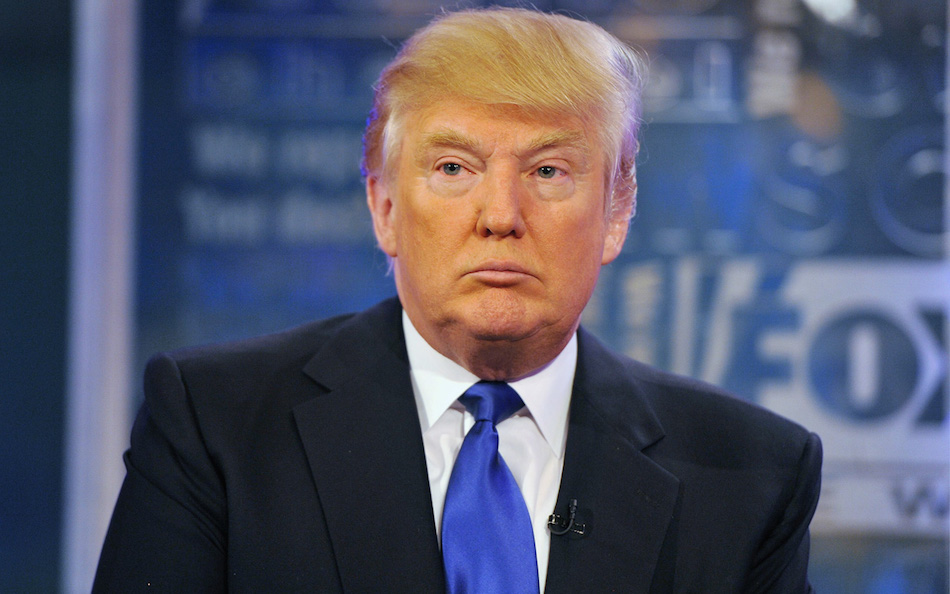Trump discuss tariffs and Samsung with Apple's Tim Cook
3 min. read
Published on
Read our disclosure page to find out how can you help MSPoweruser sustain the editorial team Read more

Donald Trump has been engaging in a trade war with China, but it seems in many cases it is US companies that are the main casualties of the war.
Donald Trump has been proposing a 10% to 25% tariff on US imports from China, which would mean US customers and companies would need to pay a 10-25% import duty on Chinese goods.
Apple complained that due to Chinese manufacturing they would be particularly affected by the import tax.
“The proposed tariff list covers all of Apple’s major products, including iPhone, iPad, Mac, AirPods, and AppleTV, as well as the parts and batteries used to repair products in the United States,” Apple said.
Apple has been campaigning for exceptions being carved out for their sector, and last week Friday Tim Cook met with Donald Trump, in what appears to have been a productive meeting.
“I had a very good meeting with Tim Cook,” Trump said at an airport in New Jersey, on his way back to the White House. “I have a lot of respect for Tim Cook, and Tim was talking to me about tariffs. And, one of the things, and he made a good case, is that Samsung is their number-one competitor, and Samsung is not paying tariffs because they’re based in South Korea.”
The issue is of course that Apple is dependent on Chinese manufacturing while Samsung produces its handsets in South Korea. This means Samsung’s handsets would be significantly cheaper in the USA than Apple’s devices.
Trump continued: “It’s tough for Apple to pay tariffs if they’re competing with a very good company that’s not. I said, ‘How good a competitor?’ He said they’re a very good competitor. … I thought he made a very compelling argument, so I’m thinking about it.”
It is not just Apple’s standing in US markets which are affected by tariffs. Because Apple’s Chinese competitors (like Huawei) are global companies with limited exposure to the USA, reducing Apple’s income in the USA would disproportionately punish that company’s competitiveness.
“U.S. tariffs on Apple’s products would result in a reduction of Apple’s U.S. economic contribution,” Apple said previously. “U.S. tariffs would also weigh on Apple’s global competitiveness. The Chinese producers we compete with in global markets do not have a significant presence in the U.S. market, and so would not be impacted by U.S. tariffs.”
Manufacturing iPhones in the USA is not a solution, particularly in the near term. Many of the components which make up an iPhone are also produced in China and are still subject to tariffs.
A previous study found making all of the iPhone’s parts in the U.S. would push the price of the iPhone’s components from $190 to around $600.
“If the materials alone are costing $600,” said Andrew Rassweilier, Senior Director of Materials and Cost Benchmarking at IHS technology, “it stands to reason, that same iPhone could cost, perhaps, $2,000 at retail.”
Samsung’s handsets would be unaffected.
Tariffs (which is a tax on end-users) has had limited success in addressing the USA’s trade imbalance with China, with imports from China actually increasing while Chinese imports from the USA have actually dropped.








User forum
0 messages